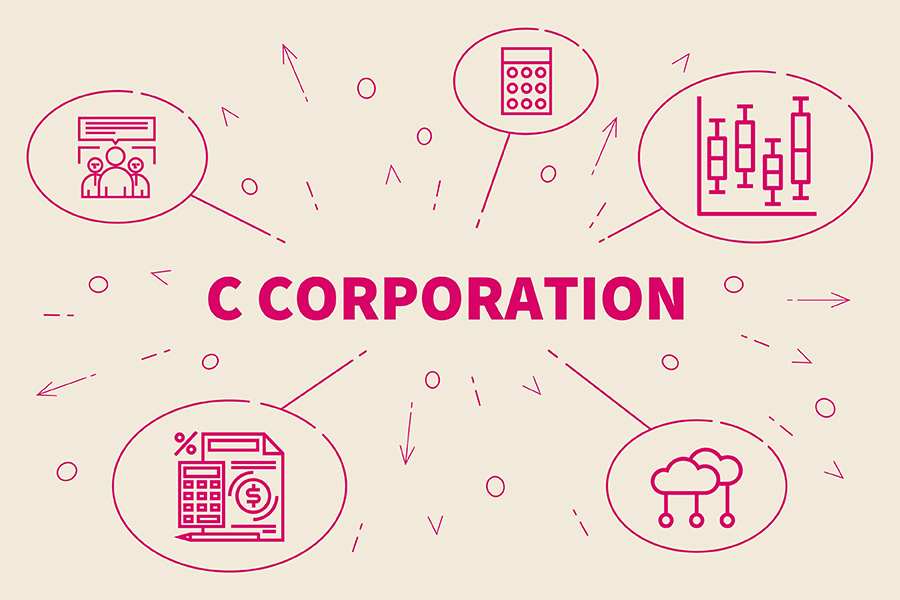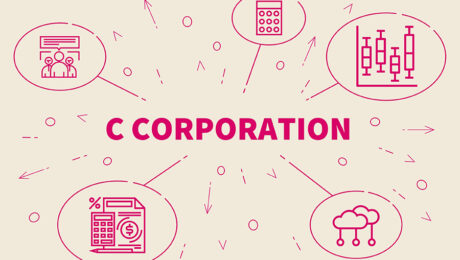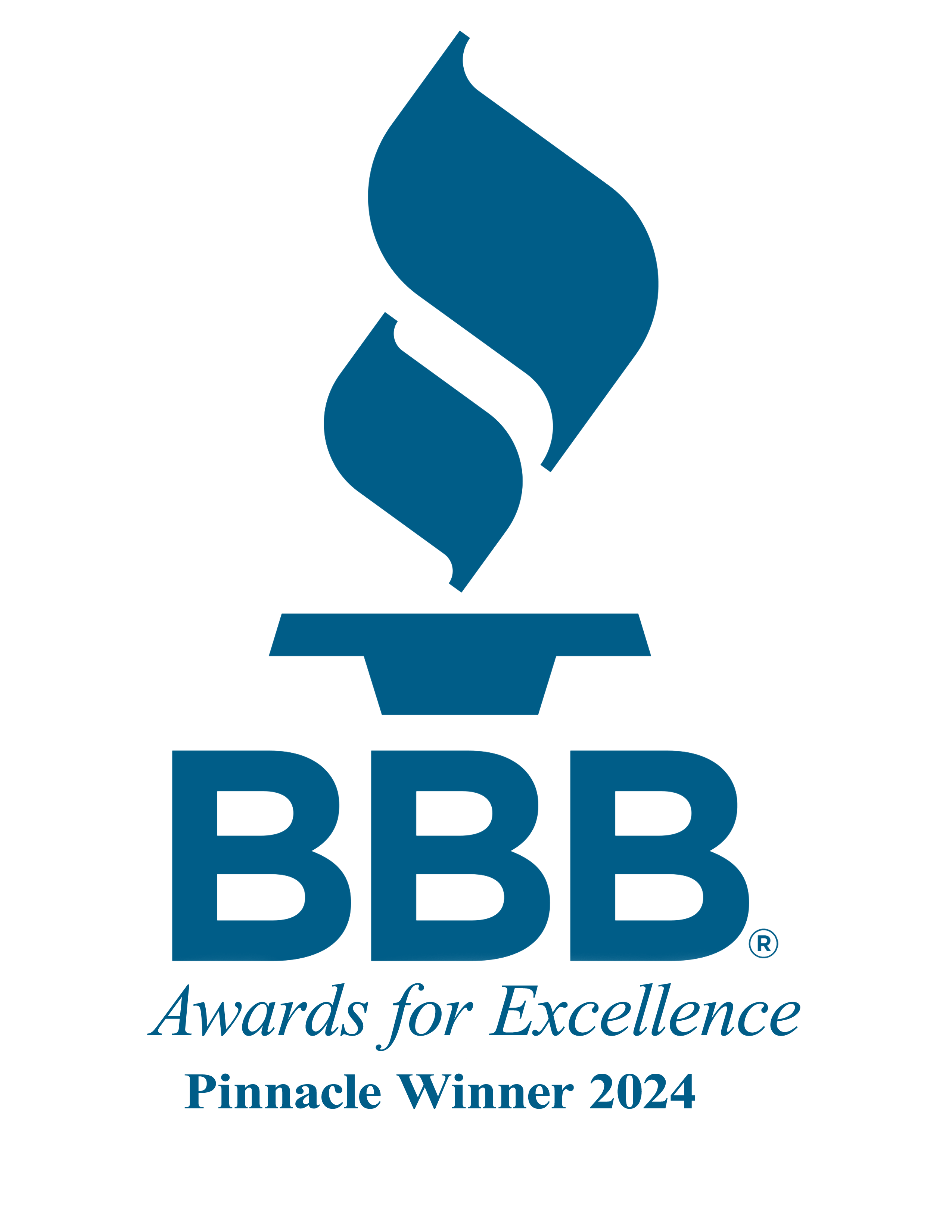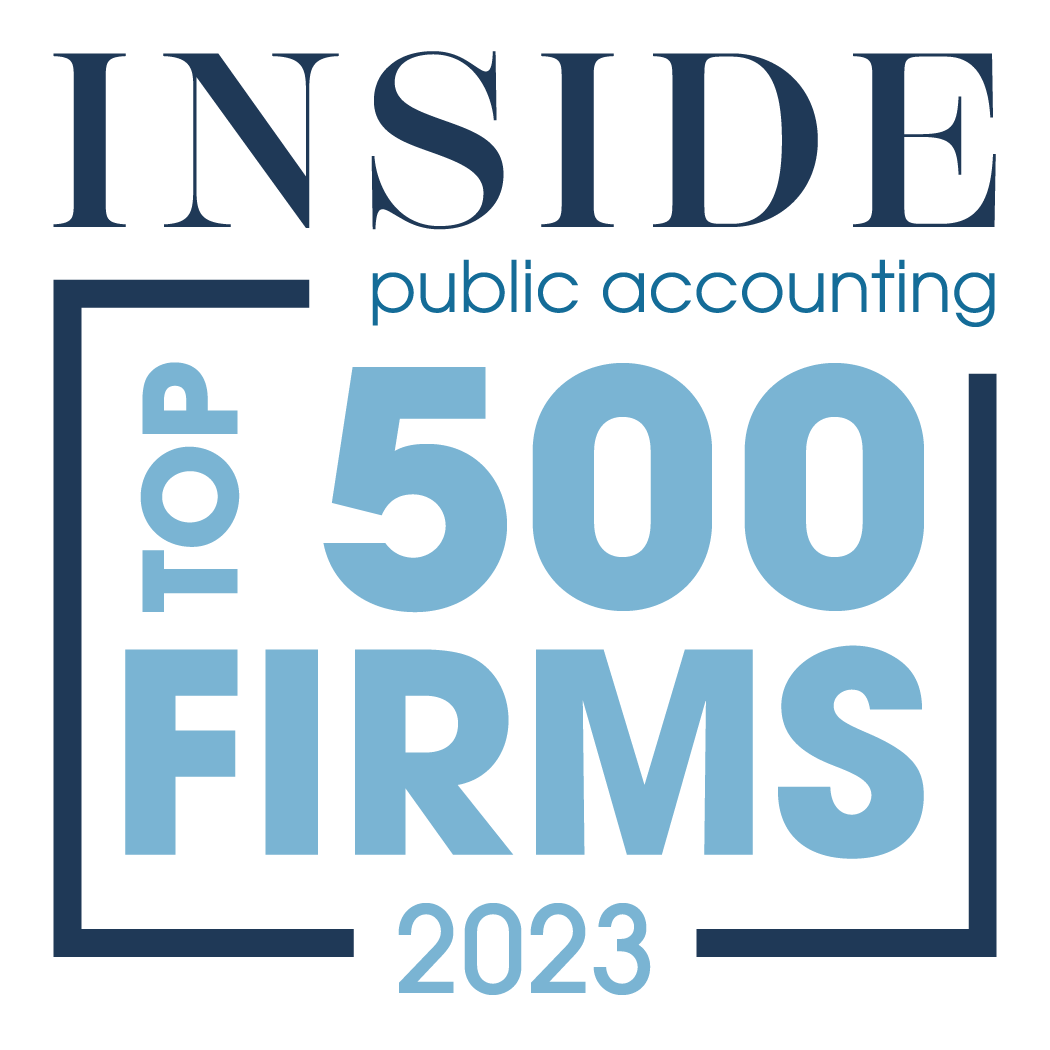Clearing Myths about ROBS with DRDA’s BORSA® Plan:
Using 401(k)/IRA Funds to Start or Buy a Business
By Jay Barrera, MFA. MS.

Using Rollovers for Business Start-ups (ROBS) such as DRDA’s BORSA® Plan to finance a business isn’t new, but it is unfamiliar to many. As a result, there are a lot of myths swirling around about the use of ROBS structures that may be stopping would-be entrepreneurs from chasing their dreams.
BORSA® Plans involve using money from an eligible retirement account to finance the purchase of a business or franchise. To summarize, a corporation is formed, and that corporation then sponsors a 401(k) plan. Funds are rolled from an existing retirement account into the new 401(k) without triggering a taxable distribution. This new 401(k) purchases (or invests in) shares of the corporation, which can then purchase a business or franchise.
In essence, a BORSA® Plan allows you to invest in your own business where you have control rather than investing in the market where you have no control. Here’s the truth behind the most common ROBS myths:
It’s not tax avoidance.
Using a BORSA® Plan isn’t a way to evade taxes by any means. The Employee Retirement Income Security Act of 1974 (ERISA) was set up explicitly to encourage investment in small businesses – businesses that pay taxes.
BORSA® Plan is an investment, not a loan.
With a BORSA® Plan, you’re investing in your new business or franchise, not taking on debt. This means you won’t have to make monthly loan payments or incur interest.
You can use a BORSA® Plan to diversify your nest egg.
You don’t have to take every penny from your existing retirement fund for a BORSA® Plan to work. Many people only use a portion of their retirement assets, and this arrangement can be used in conjunction with a small business loan or other financing option. So, you can diversify your investments.
Getting funded using a BORSA® Plan can take as little as four weeks.
Depending on the state in which you’re filing, and how fast you’re able to file the necessary paperwork, funding can take as little as a few weeks. Most are completed in less than 30 days.
BORSA® Plans are not the same as Self-directed IRAs.
While it’s possible to finance a business with both self-directed IRAs and a BORSA® Plan, there are some major differences between the two. If you use an SDIRA, the owner may not work for the business or take a salary. The investment amount is also potentially liable for the unrelated business income tax (UBIT), which can get very expensive. With the BORSA® Plan, the 401(k) owner must work for the new business, and UBIT doesn’t apply.
A BORSA® Plan can be used to fund start-ups.
A BORSA® Plan is a great option to finance not only start-ups, but also purchases of existing businesses and franchises.
To some, the BORSA® process can appear to have complex rules and regulations. But if you have a qualified retirement plan with a balance that’s sufficient for your start-up needs and work with an experienced company to support its formation, it can be a great option to start or re-capitalize your business debt-free.
Please visit “BORSA® Plan in ACTION” to learn more about the structure and strategic steps to the solution of the BORSA® Plan.
Are you interested in learning more about DRDA’s ROBS structure, the BORSA® Plan? Give our experienced team a call today 281-488-2022 or email bryan.uecker@drdacpa.com for a free consultation.
- Published in Job Posting
In the world of business entities
By Agustin Muniz
In the world of business entities, the C-Corporation (C-Corp) stands tall, offering a plethora of tax advantages that can significantly benefit entrepreneurs and shareholders alike. Although it may not be the perfect fit for every company, understanding the tax advantages of a C-Corp can make it an attractive option for those looking to maximize tax benefits and unlock potential growth opportunities.
- Lower Tax Rates: One of the most significant advantages of a C-Corp lies in its lower tax rates compared to other business structures. Unlike pass-through entities like S-Corps and LLCs, C-Corps are subject to their corporate tax rates. The current corporate tax rate can be more favorable for companies with substantial profits, providing an opportunity to retain more earnings for reinvestment.
- Flexible Deductions: C-Corps have the advantage of enjoying a broader range of deductions compared to other entities. They can deduct business expenses, employee benefits, healthcare premiums, retirement plans, and more. This flexibility in deductions can reduce the taxable income, resulting in substantial tax savings for the corporation.
- No Limitation on Ownership: Unlike S-Corps, C-Corps have no restrictions on ownership. They can have an unlimited number of shareholders, and there are no limitations on who can be a shareholder. This feature can be especially appealing for businesses planning to seek investments or go public in the future.
- Franchise Tax Benefits: Certain states offer more favorable franchise tax rates for C-Corps, reducing the overall tax burden on the company. For businesses operating in these states, opting for a C-Corp structure can lead to significant tax savings in the long run.
- Retained Earnings and Accumulated Profits: C-Corps can retain earnings within the corporation, allowing for the accumulation of profits for future expansion, acquisitions, or investments. While other business structures may require distributing profits to shareholders, C-Corps have the advantage of deferring distributions and minimizing tax liability.
- Stock Options and Employee Incentives: C-Corps can issue stock options and other equity-based incentives to employees. These offerings can be a powerful tool for attracting and retaining top talent, providing them with an ownership stake in the company’s success, while also offering tax benefits to the corporation.

It’s essential to note that C-Corps are subject to double taxation, as profits are taxed at the corporate level, and any dividends distributed to shareholders are taxed again at the individual level. However, the potential tax advantages and other benefits of a C-Corp structure often outweigh this drawback, particularly for businesses with ambitious growth plans and significant earnings.
Ultimately, the decision to choose a C-Corp should be based on a comprehensive evaluation of the company’s specific financial goals, tax strategy, and long-term vision. Consulting with a qualified tax advisor or legal professional is crucial in making the right choice, ensuring that a C-Corp is the best fit for the business’s unique needs and objectives.
- Published in Job Posting
Tax Manager
Are you in a large firm with no room for growth, and do you want to have facetime with partners to learn from the top? DRDA is growing at twice the industry average. All of our growth is organic so we don’t have too many partners holding back the advancement of people in our Firm. We provide staff members the opportunity to learn about business strategies and become business advisors in areas such as P+CFO(Profit and Cash Flow Optimization), MSO(Manage Services Organization), and BORSA(Business Owner Retirement Savings Account) as well as advanced tax planning and compliance.
Our culture places a large emphasis on valuing our staff members, providing opportunities for growth and knowledge expansion, and having a voice that is heard in companywide initiatives. At DRDA we value team building within the firm and promote staff participation in community events. We offer an amazing work life balance that allows for our staff to feel comfort that family can come first! Come grow with us from Tax Intern to Partner our firm has something for you!
The ideal candidate will be responsible for overseeing all tax related decisions and activities in the organization. You will help us stay tax-compliant and up-to-date on new tax laws.
Responsibilities
• Assist with staff development and annual tax staff evaluations
• Assist partners with new business development and merger/acquisition planning as required
• Direct/delegate projects to staff that can handle them most efficiently.
• Review accounting and tax projects
• Sign tax returns
• Supervise staff and seniors assigned to projects and manage time and project completion within budget
• Provide accounting and tax research and documentation as needed
• Research and resolve IRS notices and examinations
• Proactively interact with clients to gather information, resolve problems, and make recommendations for business and process improvements
• Develop new client relationships
• Evolve existing client relationships
Qualifications
• CPA License current and in good standing
• Seven or more years of related experience
• Demonstrate ability to plan and organize projects
Featured benefits
Employer-provided
- Medical insurance
- Vision insurance
- Dental insurance
- 401(k)
- Disability insurance
JOB00008
"*" indicates required fields
- Published in Job Posting








